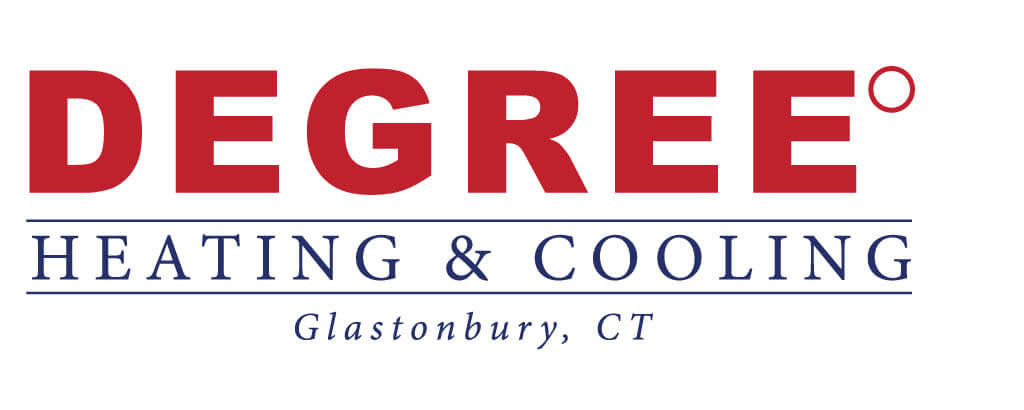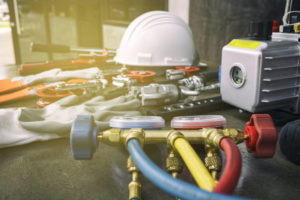Enjoy Outdoor Activities in Connecticut While Staying Safe

Everyone looks forward to summer in New England – after all, who doesn’t love the warm temperatures and sunny days that summer brings? Hanging out by the pool, while hosting a BBQ cookout brings family and friends together for getting the most out of the hot days and warm nights we get here in Connecticut.
Stay Safe and Play Safe This Summer
As an electrical repair and services company, we want to help you to be safer during summer days, so we came up with this list of summer electrical safety tips specific to the summer season and its many activities:
- Keep electronics away from the water – If you have an outdoor swimming pool, think twice about putting your portable speakers near the poolside. All electronics should be kept at least ten feet away from any swimming pool, hot tub, or other water source. It doesn’t matter how careful you are, accidents can and do happen.
- Use outdoor-rated extension cords – Need to run a little extra electricity to your patio or porch? Make sure to use an extension cord that is rated for outdoor use. There’s a good chance your cord will be exposed to moisture while outside – and an outdoor-rated extension cord will be able to handle small exposure to water from rain or puddles from pools.
- Inspect your extension cords for damage – Before using any extension cord, inspect it carefully for damage. A damaged electrical cord always presents a safety risk – especially if you plan on using it outdoors. Any cracked extension cords or exposed wires should not be used, especially outdoors where it is exposed to the elements.

- Install GFCIs – A GFCI (Ground Fault Circuit Interrupter) is a device that can help improve the safety of your outlets. Outlets that are near water sources, such as outdoor outlets or bathroom outlets, should have a GFCI outlet installed. A GFCI will shut off the power to the outlet if the circuit is compromised, like exposure to water, a spilled drink, etc. This will help to protect your electrical appliances as well as keep you and your family safe.
- Trim back your tree branches – If the branches on your property are growing a little too close to any power lines, have them trimmed back to prevent any downed power lines during high winds or thunderstorms that come in late summer when we get tropical storms coming up the east coast during hurricane season.
- Don’t fly kites or drones near power lines – If you have power lines that are located relatively close to your home, keep those kites and drones away from the area.
- Know where your breaker box or electrical panel is located in your home or garage – If there’s any type of electrical emergency in your home, then you’ll need to know where your breaker box is located so you can immediately shut off your power in any emergency situation. It’s also the first thing you check if you suddenly lose power to an appliance or section of your home.
We hope you enjoy all the fun and socializing that the summer days bring, but do it safely. Protect your family and guests from electrical risks and your home from potential damage by following these simple electrical safety tips.
DEGREE is proud to provide you with a wide range of electrical repairs and installation services. If you need an electrician or have questions, give Degree a call, our team of licensed electricians can address all your electrical needs, big or small. Call today!


 Now that the cooler temperatures have returned, you might be thinking about your home’s heating system. Is it working as well as it should be? Living in the Northeast, we rely on our heating systems to keep our homes nice and cozy for a long period. That’s why it’s so important to know the signs of heating system failure and to act quickly if you notice something isn’t working quite right.
Now that the cooler temperatures have returned, you might be thinking about your home’s heating system. Is it working as well as it should be? Living in the Northeast, we rely on our heating systems to keep our homes nice and cozy for a long period. That’s why it’s so important to know the signs of heating system failure and to act quickly if you notice something isn’t working quite right. Have you been thinking about upgrading to a new home comfort system? Today, there are many different options when it comes to home heating and cooling, and most new equipment is far more efficient than systems were even 10 years ago. One of the most efficient home comfort technologies is
Have you been thinking about upgrading to a new home comfort system? Today, there are many different options when it comes to home heating and cooling, and most new equipment is far more efficient than systems were even 10 years ago. One of the most efficient home comfort technologies is  If you’ve either never had air conditioning installed in your home, or you’ve been considering replacing an older AC system or upgrading from window air conditioning units, you might be wondering what’s available for homeowners. You should know that today, there are many different types of air conditioning systems on the market. That makes it much easier for virtually any homeowner to enjoy the cool comfort of air conditioning in their home.
If you’ve either never had air conditioning installed in your home, or you’ve been considering replacing an older AC system or upgrading from window air conditioning units, you might be wondering what’s available for homeowners. You should know that today, there are many different types of air conditioning systems on the market. That makes it much easier for virtually any homeowner to enjoy the cool comfort of air conditioning in their home. Spring has arrived, and that means the Glastonbury, Connecticut, area will be filled with the beautiful sights of the season. Budding trees and blooming flowers are welcome signs of the season. However, for seasonal allergy sufferers, they can also bring sniffles, sneezes, and other unpleasant symptoms. Not to mention, the warmer temperatures and April showers can also cause an increase in mold growth, which can also spell problems for those with allergies.
Spring has arrived, and that means the Glastonbury, Connecticut, area will be filled with the beautiful sights of the season. Budding trees and blooming flowers are welcome signs of the season. However, for seasonal allergy sufferers, they can also bring sniffles, sneezes, and other unpleasant symptoms. Not to mention, the warmer temperatures and April showers can also cause an increase in mold growth, which can also spell problems for those with allergies. It never fails – if your heating system is going to go on the fritz, it likely will do so on the chilliest day of the year. There is nothing worse than finding out that you need a new heating system when the weather outside is at its coldest. But sometimes, replacing that old furnace or boiler is actually for the best, especially when it comes to your family’s comfort and your home’s energy efficiency.
It never fails – if your heating system is going to go on the fritz, it likely will do so on the chilliest day of the year. There is nothing worse than finding out that you need a new heating system when the weather outside is at its coldest. But sometimes, replacing that old furnace or boiler is actually for the best, especially when it comes to your family’s comfort and your home’s energy efficiency. Once the chillier weather in Connecticut settles in, many people start to think about the best way they can make their homes more cozy and comfortable. Having a quality heating system in your home is going to be your first step in making sure your home is nice and warm for the winter. If you have an older, outdated heating system in your home, you might be thinking about replacing it, especially if you’ve made a lot of expensive repairs the last couple of years to keep it running.
Once the chillier weather in Connecticut settles in, many people start to think about the best way they can make their homes more cozy and comfortable. Having a quality heating system in your home is going to be your first step in making sure your home is nice and warm for the winter. If you have an older, outdated heating system in your home, you might be thinking about replacing it, especially if you’ve made a lot of expensive repairs the last couple of years to keep it running. Now that the fall season has arrived, cooler temperatures will be here before we know it. Along with the changing season, many homeowners turn their attention from cooling their homes to heating. No matter what type of heating system you have in your home, early fall is a great time to make sure it is operating properly. And the best way to do that is to make sure it gets the maintenance it needs each year.
Now that the fall season has arrived, cooler temperatures will be here before we know it. Along with the changing season, many homeowners turn their attention from cooling their homes to heating. No matter what type of heating system you have in your home, early fall is a great time to make sure it is operating properly. And the best way to do that is to make sure it gets the maintenance it needs each year.
 The summer months mean lazy, hazy days enjoying the outdoors, from beaches and picnics to fun summer sports. The warmer temperatures also mean that you probably enjoy cooling off in a nice, air-conditioned home after spending time outside. You might have an air conditioning system installed in your home that’s on the older side, or you may be considering a brand-new AC installation. Either way, there is much to consider when choosing the right system for your home and lifestyle.
The summer months mean lazy, hazy days enjoying the outdoors, from beaches and picnics to fun summer sports. The warmer temperatures also mean that you probably enjoy cooling off in a nice, air-conditioned home after spending time outside. You might have an air conditioning system installed in your home that’s on the older side, or you may be considering a brand-new AC installation. Either way, there is much to consider when choosing the right system for your home and lifestyle. When the spring season arrives, many homeowners in Connecticut want to make home improvements for a variety of reasons. Often, they just want their homes to be more comfortable. This can include getting new windows installed, improving the insulation in their home, or getting maintenance on their home’s air conditioning system.
When the spring season arrives, many homeowners in Connecticut want to make home improvements for a variety of reasons. Often, they just want their homes to be more comfortable. This can include getting new windows installed, improving the insulation in their home, or getting maintenance on their home’s air conditioning system.